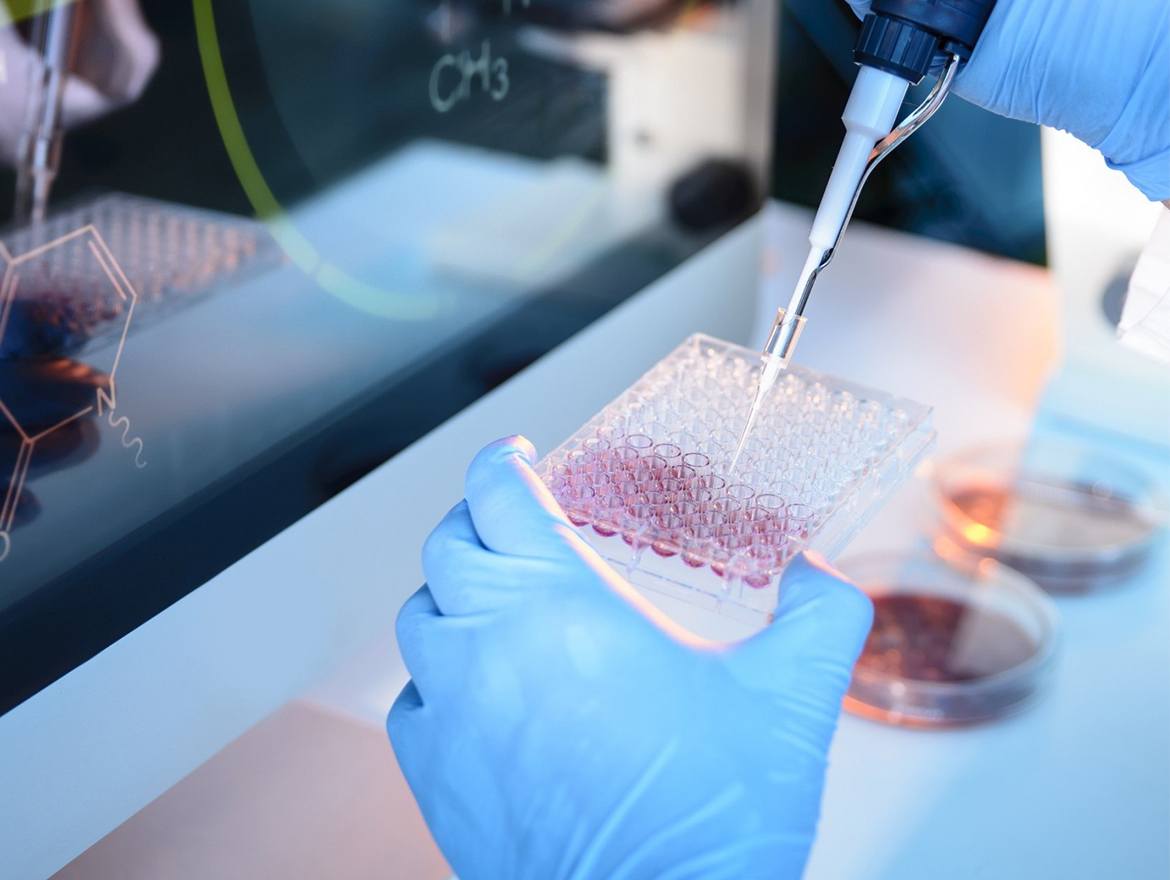The biopharmaceutical industry is dependent on a complex global supply chain to get life-saving drugs and therapeutics from the manufacturing facility to patients who need them. Ensuring timely delivery of these precious cargo requires a well-oiled logistics operation that takes into account stringent temperature controls, security, and regulations. In this article, we will explore the logistical challenges faced by bio-pharma companies and how innovative technologies and strategies are helping streamline operations.
Temperature Control is Paramount
Maintaining temperature stability is crucial for transporting biologics like vaccines, antibodies, and enzymes. Even minor fluctuations can cause irreversible damage to these thermosensitive products. To deliver drugs safely, bio-pharma logistics relies heavily on temperature-controlled packaging, monitoring, and transportation. Advanced containers use phase change materials, gel packs, and refrigeration to keep products within a narrow temperature window.
Sophisticated monitoring systems equipped with sensors track product temperature in real-time throughout transit. Any temperature excursions trigger alerts so remedial action can be taken. Companies use temperature-controlled trucking, ocean and air freight to seamlessly transfer shipments between modes of transport while maintaining the cold chain. New innovations like temperature-stabilizing pallets and reusable packaging further bolster temperature assurance.
Ensuring Security of High-Value Cargo
As blockbuster drugs can cost thousands per dose, Bio-Pharma shipments attract criminal plans for theft and counterfeiting. Logistics operators implement multi-layered security including sealed trailers, covert marking, and GPS tracking of vehicles and cargo. At destinations, strict chain of custody transfers and inventories help account for every unit. Companies leverage advanced technologies like blockchain to create tamper-proof audit trails from factory to patient. Collaborations with law enforcement agencies also help monitor potential criminal activity across the supply network.
Navigating Global Regulations and Compliance
Regulatory oversight of drug distribution is understandably stringent to protect patient safety and product quality. Logistics operators must demonstrate compliance with IATA, WHO, GDP, and other guidelines governing international pharmaceutical shipments. Documentation, packaging standards, transportation qualification are some areas that require adherence. With facilities and partners spread globally, staying on top of country-specific import-export rules is an ongoing challenge.
Digital Track and Trace Emerges as the Future
To counter issues like fraudulent drugs, improve demand planning and enhance control – bio-pharma leaders are embracing “track and trace”. Serialization at the individual item level allows verifying authenticity and tracing products back to the manufacturing source within seconds. Integrated with advanced analytics and connectivity, these digital solutions promise end-to-end shipment visibility. This helps pinpoint optimization opportunities, establish accountability and respond proactively to issues. Top bio-pharma giants are at the forefront of rolling out track and trace capabilities across global supply networks.
Addressing the Last Mile Challenge
Getting medications safely into patients’ hands, the last mile of the supply chain, poses unique hurdles. Home deliveries must balance urgency with safety, security, and patient convenience. Techniques like pickup stations, locker deliveries, and adherence packages tailored for individual therapy plans increasingly improve accessibility. Telehealth leverages digital connectivity for direct oversight of administration and seamless reporting of Adverse Events. As demand for specialty drugs and expedited delivery rises – innovative last mile models will play a pivotal role in the years ahead.
Sustainability Initiatives Take Hold
Concerns over the carbon footprint of global pharmaceutical logistics are driving efforts to optimize network design, transition to cleaner vehicles and harness renewable energy. Multi-customer collaborations employ big data to aggregate loads for more efficient transport. Reusable or recyclable delivery assets and packaging reduce waste. As sustainable operations gain prominence across industries, bio-pharma leaders are working towards net-zero goals through supply chain transformation initiatives.
New Partnerships and A Transformed Future
Given the magnitude of challenges, no single stakeholder can go it alone in securing resilient, responsive bio-pharma logistics. Collaborative partnerships between biotech innovators, logistics service providers, payers, and governments will be pivotal. With advancements in predictive analytics, robotics, autonomous vehicles and more – the boundaries between industries continue to blur. This paves the way for a transformed paradigm that places the patient at the center of an integrated ecosystem optimizing every step from research to treatment. Well-orchestrated innovation will be key to cementing bio-pharma logistics as the backbone enabling healthcare worldwide.
The demands on bio-pharma logistics are immense but so is its importance. Strategic investments in cutting-edge logistics solutions will be indispensable for the industry to deliver on its promise of accessible, affordable healthcare for all. With coordinated efforts, this vital sector is poised to redefine the patient experience through excellence in supply chain performance.


